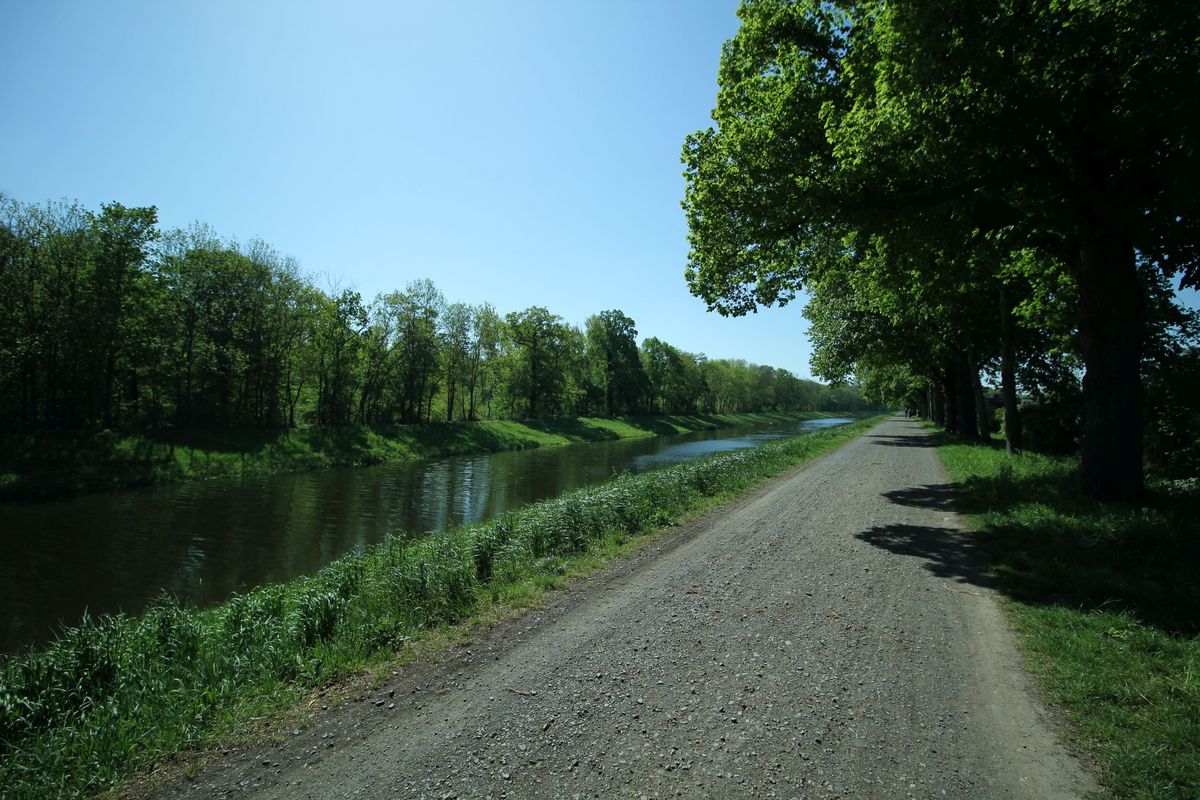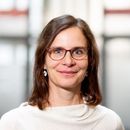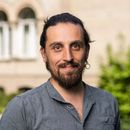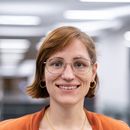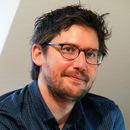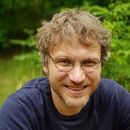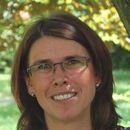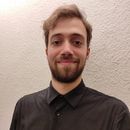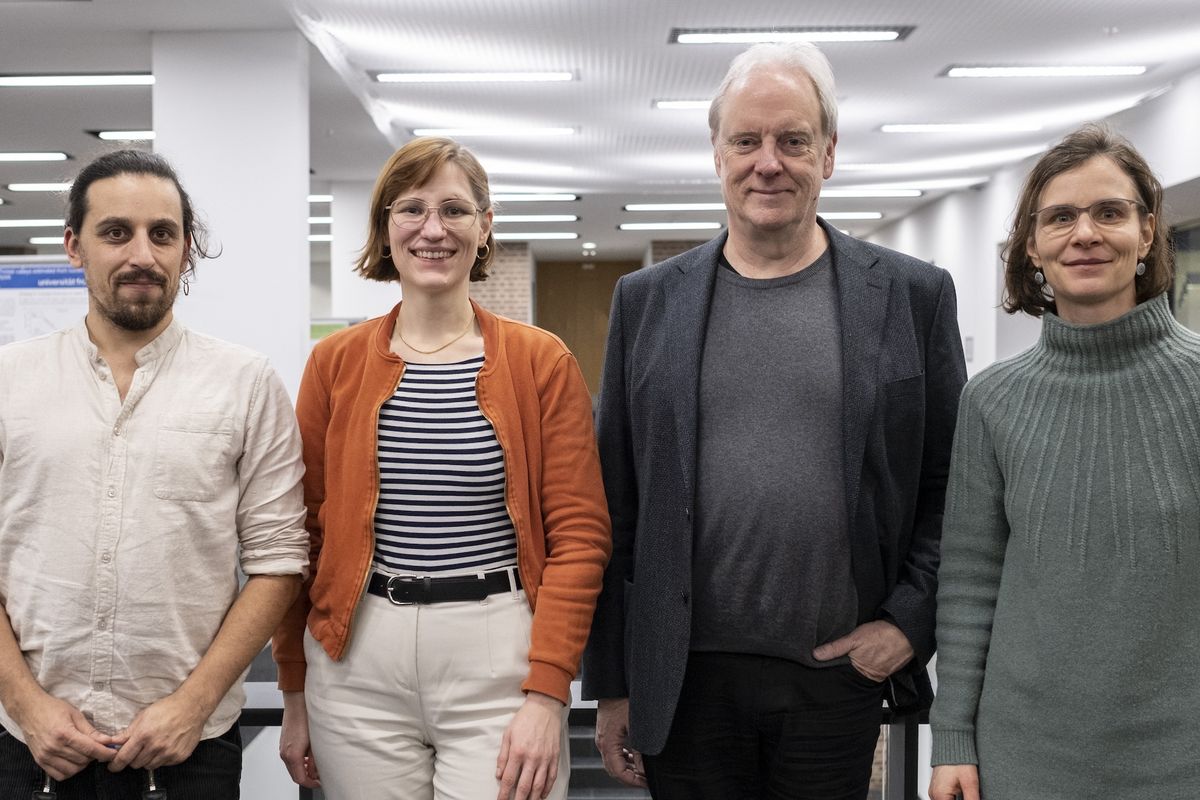Leipzig, city in a state of flux – Urban-fluvial symbiosis in a long-term perspective
Leipzig – city in a state of flux
Leipzig, today a metropolis with 600.000 inhabitants, originated in the Middle Ages at the edge of the Pleiße and Weiße Elster floodplain. The place gave the city its name, which derives from Indo-European „Leibh“, meaning watery, slippery, loamy area. At least since the 12th century, Leipzig’s inhabitants engaged in water engineering methods in order to secure water provisioning and allow for the use of water power and waterways. This led to an anthropogenic transformation of the existing waterbodies, which shaped the city for centuries. While the close connection between city and water tended to disappear in the 20th century, it is being rediscovered today through town planning, tourism and nature conservation.
Major Aims and Study Area
With its varied water history, Leipzig is a particularly well-suited case study for investigating the interdependencies between humans and water in the sense of a „fluvial anthroposphere”. The city is characterised by a dense network of smaller water courses, a still-existing riparian forest, and a high density of archival sources, provided by both cultural and natural archives. The project takes a long-term perspective, investigating the period between 1000 and 1800, and combines historical, archaeological and geoscientific analyses. Its main objectives are the investigation of
- hydrological dynamics and city politics
- floods and droughts as social-natural events
- urban water pollution
- floodplain economies
Methodological Approach
Within the Priority Programme „On the Way to the Fluvial Anthroposphere” it stands for a decisive urban approach that provides the basis for drawing out the specifics of an urban-fluvial anthroposphere.
